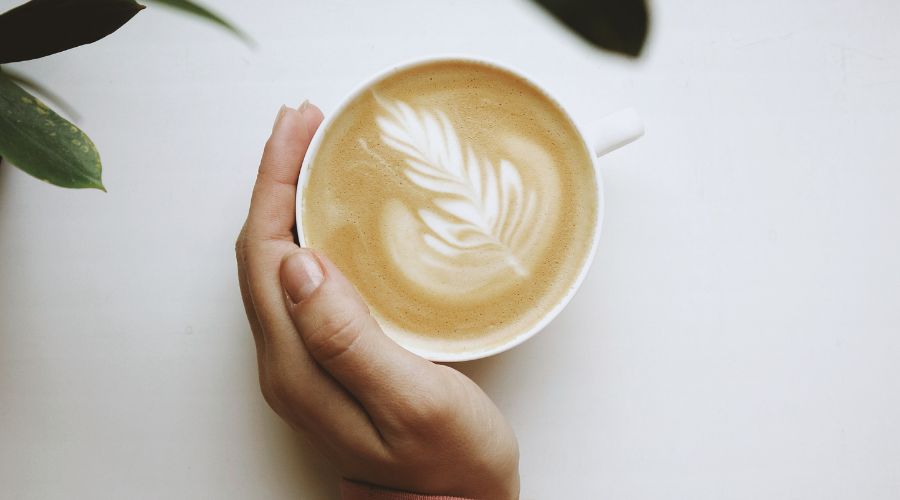Welcome to the world of minimalism—a lifestyle choice that’s steadily gaining popularity among people from all walks of life.
As a minimalist myself, I’m thrilled to share with you 17 incredible benefits of adopting this simple yet profound way of living.
Benefits of Minimalist Lifestyle
1. Reduced stress and anxiety
One of the most significant benefits of minimalism is the reduction of stress and anxiety.
By decluttering your physical space, you also declutter your mind, allowing for increased mental clarity and peace.
Studies have shown that a clean, organized environment can significantly decrease cortisol levels, the hormone responsible for stress.
2. Increased focus and productivity
Minimalism helps eliminate distractions, allowing you to concentrate on the tasks at hand.
A minimalist workspace, free from unnecessary items and visual clutter, can boost your productivity and overall work satisfaction.
Try incorporating a clean desk policy or using the “one in, one out” rule for office supplies to create a serene workspace.
3. Improved mental clarity
The minimalist lifestyle promotes a clear and focused mind. By removing excess possessions and distractions, you can better concentrate on your goals and priorities.
Many people who have embraced minimalism report feeling a sense of mental freedom and a renewed sense of purpose.
4. Enhanced decision-making
Having fewer choices can simplify decision-making processes and reduce decision fatigue.
By focusing on quality over quantity, minimalism encourages you to make more thoughtful and intentional choices, leading to greater satisfaction and fewer regrets.
5. Greater financial freedom
Embracing minimalism often leads to reduced expenses, as you prioritize needs over wants and avoid impulse purchases.
This shift in mindset can help you save money, pay off debt, and achieve financial independence.
6. More time for what truly matters
By streamlining your possessions and commitments, minimalism frees up time for meaningful experiences and activities that bring joy and fulfillment.
Consider using this newfound time for hobbies, volunteering, or connecting with loved ones.
7. Improved relationships
Minimalism can strengthen personal connections by encouraging quality time and meaningful interactions.
By focusing less on material possessions, you and your loved ones can enjoy shared experiences and create lasting memories.
8. Better sleep
A minimalist bedroom—devoid of clutter, technology, and distractions—can improve sleep quality.
To create a calming sleep environment, consider using neutral colors, incorporating soft lighting, and limiting unnecessary items in your bedroom.
9. More sustainable living
Minimalism is inherently eco-friendly, as it discourages overconsumption and waste.
By adopting sustainable practices like reducing, reusing, and recycling, you can minimize your environmental impact and contribute to a healthier planet.
10. Increased self-confidence
Minimalism fosters self-confidence by helping you define your values and focus on what truly matters. As you become more intentional in your choices and actions, you’ll develop a stronger sense of self and increased resilience.
11. Easier home maintenance
A minimalist home requires less time and effort to maintain.
By keeping your living space organized and free from clutter, you’ll spend less time on household chores and have more time for the things you love.
12. Enhanced creativity
Minimalism can stimulate creative thinking by promoting a clutter-free environment and encouraging innovative problem-solving.
Artists, designers, and creatives alike can draw inspiration from the simplicity and elegance of minimalist aesthetics.
13. Greater appreciation for possessions
Minimalism teaches you to value quality over quantity and to cherish the items you own.
This mindset promotes gratitude and mindfulness, helping you appreciate the beauty and utility of each possession.
14. Easier travel
Traveling light is one of the joys of minimalism. By packing only the essentials, you’ll enjoy greater flexibility, mobility, and peace of mind.
To travel like a minimalist, consider using a packing list, investing in versatile clothing, and embracing digital alternatives for physical items like books and documents.
15. Simplified wardrobe
A minimalist wardrobe, often referred to as a capsule wardrobe, consists of versatile, high-quality pieces that can be mixed and matched to create various outfits.
By curating a thoughtful wardrobe, you’ll save time getting dressed, reduce decision fatigue, and develop a personal style that reflects your values.
16. Increased happiness and life satisfaction
Minimalism can contribute to greater overall well-being by encouraging intentionality, mindfulness, and gratitude.
Many people who have embraced this lifestyle report increased happiness, life satisfaction, and a deeper sense of purpose.
17. Boosted personal growth
Minimalism allows you to focus on personal growth by eliminating distractions and creating space for self-reflection.
By simplifying your life, you can dedicate more time and energy to self-improvement, learning new skills, and pursuing your passions.
Conclusion
Adopting a minimalist lifestyle can yield a multitude of benefits, from reduced stress to increased happiness and life satisfaction.
If you’re curious about minimalism, I encourage you to take the first step by decluttering your space and evaluating your priorities.
There are plenty of resources available for those interested in minimalism, including books, blogs, and online communities. Here’s to a simpler, more intentional life!








